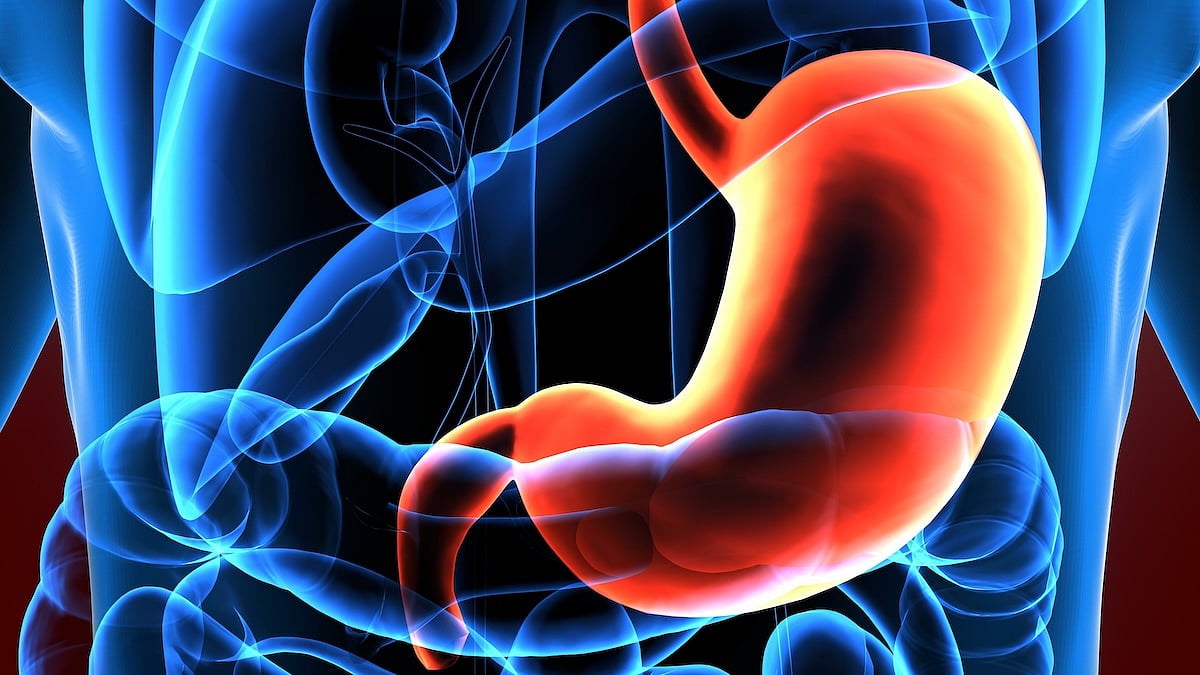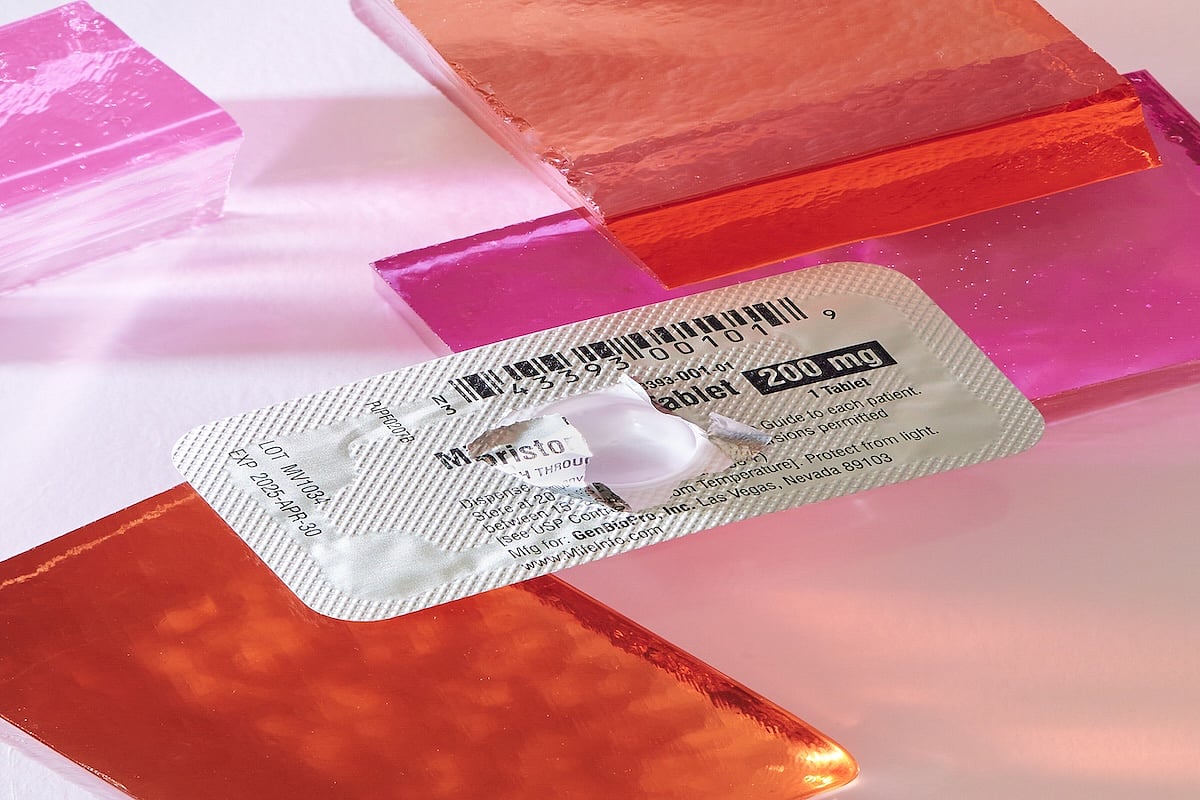Get Healthy!
Staying informed is also a great way to stay healthy. Keep up-to-date with all the latest health news here.
05 Jun
Daytime Napping May Be a Health Risk in Middle-to-Older Age
A new study finds people who take daytime naps face an increased risk of adverse health outcomes and mortality.
04 Jun
Anti-Inflammatory Diet Improves Survival in Patients With Later-Stage Colon Cancer, Study Finds
Patients with stage 3 colon cancer who focus on anti-inflammatory foods and increasing physical activity may significantly lower their risk of death, a new study finds.
03 Jun
Marijuana Use by Older Americans Hits New High
More Americans 65 and older are using marijuana for chronic conditions like heart issues, diabetes, high blood pressure and cancer, according to a new study.
Immunotherapy Effective Against Stomach Cancer
FRIDAY, June 6, 2025 (HealthDay News) — Immunotherapy combined with chemo can give people a fighting chance against stomach and esophageal cancers, a new clinical trial says.
People treated with durvalumab and chemotherapy were much more likely to go into remission, according to clinical trial results published June 1 in Th...
- Dennis Thompson HealthDay Reporter
- |
- June 6, 2025
- |
- Full Page
Teenage 'Night Owls' More Likely To Act Impulsively
FRIDAY, June 6, 2025 (HealthDay News) — Teenagers who are night owls appear to be more self-destructively impulsive, a new study says.
Teens who prefer to sleep and wake later are more impulsive than “early bird” teenagers, researchers are scheduled to report at the upcoming annual meeting of the American Academy of Sleep...
- Dennis Thompson HealthDay Reporter
- |
- June 6, 2025
- |
- Full Page
Freshwater U.S. Fish Carry Parasitic Flatworm That Can Infect Humans
FRIDAY, June 6, 2025 (HealthDay News) — Freshwater game fish like bluegill, largemouth bass and black crappie in the U.S. commonly carry parasitic flatworms that can infect humans, a new study warns.
More than 90% of popular game fish tested in Southern California contained illness-causing flatworms called trematodes, researchers rep...
- Dennis Thompson HealthDay Reporter
- |
- June 6, 2025
- |
- Full Page
There's A Better Clot-Preventing Option Than Aspirin, Researchers Say
FRIDAY, June 6, 2025 (HealthDay News) — There’s a better option than daily aspirin to protect heart patients with a stent against dangerous blood clots, a new study found.
A class of drugs called P2Y12 inhibitors that includes ticagrelor and clopidogrel could be more effective than low-dose aspirin in preventing heart attacks a...
- Dennis Thompson HealthDay Reporter
- |
- June 6, 2025
- |
- Full Page
Interrupted Sleep Plagues New Mothers
FRIDAY, June 6, 2025 (HealthDay News) — It’s not news that new mothers lose a lot of sleep in the weeks after giving birth.
But a new study underscores just how much of a dent a new baby puts into a woman’s sleep patterns.
In particular, a new mom’s ability to get uninterrupted sleep suffers for weeks after th...
- Dennis Thompson HealthDay Reporter
- |
- June 6, 2025
- |
- Full Page
Organic Ground Beef Sold at Whole Foods May Be Contaminated With E. Coli, USDA Says
THURSDAY, June 5, 2025 (HealthDay News) — Some packages of organic ground beef sold at Whole Foods stores across the country may be contaminated with E. coli, federal officials have warned.
The U.S. Department of Agriculture's Food Safety and Inspection Service (FSIS) issued a public health alert Wednesday about one-pound pa...
- I. Edwards HealthDay Reporter
- |
- June 5, 2025
- |
- Full Page
More U.S. Teens Are Now Taking Wegovy for Weight Loss
THURSDAY, June 5, 2025 (HealthDay News) — More American teenagers now use the weight-loss drug Wegovy, as doctors and families grow more comfortable with the treatment.
But experts say access is still limited, and more research on its long-term safety in teens is needed, NBC News reported.
Prescriptions of Wegovy...
- I. Edwards HealthDay Reporter
- |
- June 5, 2025
- |
- Full Page
RFK Jr. Calls for a Review of Abortion Pill Mifepristone
THURSDAY, June 5, 2025 (HealthDay News) — U.S. Health and Human Services Secretary Robert F. Kennedy Jr. has ordered a fresh safety review of mifepristone, a drug commonly used in medication abortions.
He asked Dr. Marty Makary, commissioner of the U.S. Food and Drug Administration (FDA), to "review the latest data." The FDA has not ...
- I. Edwards HealthDay Reporter
- |
- June 5, 2025
- |
- Full Page
Weight Stigma Tied To Lingering Depression, Anxiety After Weight-Loss Surgery
THURSDAY, June 5, 2025 (HealthDay News) — People who get weight-loss surgery experience an improvement in their mental health, but not because of the weight they lose, a new study says.
Rather, these patients face much less societal stigma over their weight, and it’s that – not the actual weight loss – that boosts t...
- Dennis Thompson HealthDay Reporter
- |
- June 5, 2025
- |
- Full Page
Jail Time Increases A Person's Risk of Death
THURSDAY, June 5, 2025 (HealthDay News) — Jail time has a huge effect on both an individual’s and a community’s long-term health, even after their release, a new study says.
People serving time are 39% more likely to die than those not in jail or prison, researchers reported June 3 in JAMA Network Open.
Pri...
- Dennis Thompson HealthDay Reporter
- |
- June 5, 2025
- |
- Full Page
Naps Associated With Increased Risk Of Death
THURSDAY, June 5, 2025 (HealthDay News) — An afternoon snooze might seem appealing to middle-aged folks and seniors, but these naps could carry a high cost.
People with certain types of napping patterns have a greater risk of an early death, researchers are slated to report at an upcoming meeting of the American Academy of Sleep Medi...
- Dennis Thompson HealthDay Reporter
- |
- June 5, 2025
- |
- Full Page
Crisis Pregnancy Centers Draw Fair Share of Younger Women, Study Says
THURSDAY, June 5, 2025 (HealthDay News) — As many as 1 in 5 women say they’ve sought care at fake medical clinics with an anti-abortion agenda, a new study says.
Between 12% to 20% of 18- to 44-year-old women in four states – Arizona, Wisconsin, Iowa and New Jersey – say they’ve sought care at a pregnancy cris...
- Dennis Thompson HealthDay Reporter
- |
- June 5, 2025
- |
- Full Page
New Sugar-Based Test Can Suss Out Snake Venoms
THURSDAY, June 5, 2025 (HealthDay News) — Sweet!
Synthetic sugars could be key to sussing out what type of snake venom is threatening a person’s life, researchers say.
Specifically, researchers have developed a way to use these sugars to detect the venom of the Western Diamondback Rattlesnake, according to a paper publish...
- Dennis Thompson HealthDay Reporter
- |
- June 5, 2025
- |
- Full Page
Fido Might Protect Your Baby Against Eczema
THURSDAY, June 5, 2025 (HealthDay News) — Having a family dog might decrease a baby’s risk of developing eczema later in childhood, a new evidence review says.
Specifically, exposure to canines appears to influence a child’s genetic risk of eczema, by blunting skin inflammation, researchers reported June 4 in the journal ...
- Dennis Thompson HealthDay Reporter
- |
- June 5, 2025
- |
- Full Page
Proinflammatory Foods Tied to Higher Risk of Death in Colon Cancer Patients
WEDNESDAY, June 4, 2025 (HealthDay News) — What you eat after a colon cancer diagnosis could do more than affect your energy or digestion — it might impact your chance of survival.
Researchers looked at more than 1,600 patients with stage 3 colon cancer. They found that those who ate the most proinflammatory foods had an 87% hi...
- I. Edwards HealthDay Reporter
- |
- June 4, 2025
- |
- Full Page
Judge Says Transgender Inmates Must Have Access to Hormone Therapy
WEDNESDAY, June 4, 2025 (HealthDay News) — A federal judge has ruled that transgender inmates in U.S. prisons must continue getting medical care, including hormone therapy and gender-affirming accommodations.
The decision blocks parts of an executive order signed by President Donald Trump, which had restricted care for people with ge...
- I. Edwards HealthDay Reporter
- |
- June 4, 2025
- |
- Full Page
Pepto Bismol May Not Prevent Traveler’s Diarrhea, New Study Finds
WEDNESDAY, June 4, 2025 (HealthDay News) — Pepto Bismol is a go-to stomach remedy, but a new study suggests it might not help prevent diarrhea during international travel.
The study, led by the U.S. Centers for Disease Control and Prevention (CDC), found that people who took bismuth subsalicylate — the active ingredient in Pept...
- I. Edwards HealthDay Reporter
- |
- June 4, 2025
- |
- Full Page
Coffee Could Be Key To Aging Gracefully
WEDNESDAY, June 4, 2025 (HealthDay News) — A morning cup of coffee might do more than momentarily boost your energy and spirits.
Full-test java also appears to help women age more gracefully, a new study says.
Middle-aged women who regularly drank caffeinated coffee were more likely to stay mentally sharp and physically functio...
- Dennis Thompson HealthDay Reporter
- |
- June 4, 2025
- |
- Full Page
High Insulin Linked To Irregular Periods
WEDNESDAY, June 4, 2025 (HealthDay News) — Elevated insulin levels could be causing irregular menstrual bleeding in women, a new study says.
Women with excess levels of insulin are three times more likely to suffer from abnormal uterine bleeding, researchers reported today in the journal Menopause.
That means they are ...
- Dennis Thompson HealthDay Reporter
- |
- June 4, 2025
- |
- Full Page
How Do Low-Calorie Diets Affect A Person's Mood?
WEDNESDAY, June 4, 2025 (HealthDay News) — Counting calories isn’t simply a bummer, it might actually increase your risk of depression, a new study says.
People on low-calorie diets scored higher for symptoms of depression, compared with those not dieting, researchers reported June 3 in BMJ Nutrition Prevention & Health...
- Dennis Thompson HealthDay Reporter
- |
- June 4, 2025
- |
- Full Page


























